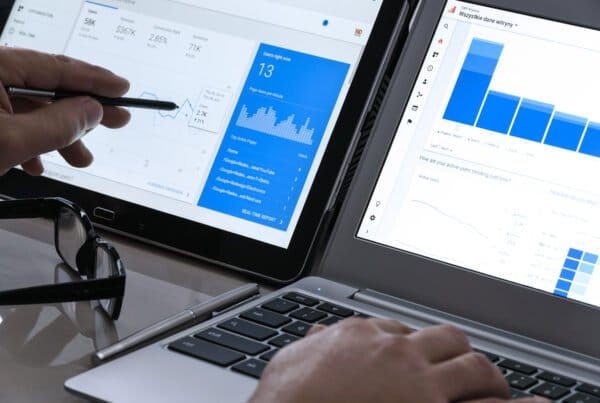The Internet has made connecting with potential clients and customers much easier than ever before. With traditional marketing, a company owner and marketing department had to go out to reach clients. From creating television spots to releasing visual content in magazines and other publications it all requires the company to reach out to the client in order to possibly find someone in its key demographic.
However, inbound marketing is different. With the aid of the Internet and modern technology, inbound marketing is the process of having clients come to the business, instead of the other way around. However, to do this and to properly utilize modern Internet technology for inbound marketing strategies, several steps must be taken. The utilization of local SEO drastically helps this process, so a full and complete understanding for how to build essential, quality local traffic is a must.Here are key factors to maximizing your inbound marketing and local seo strategies.
Local Keywords
Whether creating paid advertisements (PPC) that display on Google or other websites, or simply optimizing content on your website, it is necessary to match keyword phrases to what a potential customer might use in their search. For example, a store that sells and ships goods across the country, does not need to concern itself as much with where the customer is located. However, for a more localized business, such as a law firm, or a regional doctor, it is of little help to have someone from California click on your ad or website link if the business is located in Georgia. To make sure the ads and all other search engine optimization (SEO) is location specific, local SEO keywords must be utilized.
It is better to think of keywords as key phrases and not just individual words. Frankly, using individual words is not going to bring in many hits to the website. For a local brick and mortar store that specializes in sporting equipment, using the keyword “Sports” isn’t going to do much of anything, as there are tens of millions of other websites out there using the same keyword. Instead, a key phrase can help pinpoint exact users who are interested in the products. The location based keyword phrases become part of how a website is found by local visitors. So, for a sporting goods store located in Detroit, the local SEO key phrases would include “Detroit sporting goods store.” This is specific, indicates the kind of store and also the location of the store. Developing keyword phrases like this maximizes your local SEO and keeps the traffic coming to you relevant and targeted.
Google Map Services
Offering a map for where to find a store is a helpful service for visitors. However, it also helps local SEO. Search engines such as Google, Yahoo! and Bing use what are known as bots, or spiders, to crawl through the digital coding of a website and record relevant information. This content is analyzed by the search engine and used in order to provide search engine users with the best possible search results. Utilizing a map and having a business listed like this is extremely helpful to the business and improves not only the inbound marketing capability but also the local SEO. When combined with the local SEO keywords, the map further solidifies your local authority in the search engine rankings when a search is performed by local users.
Connect to Local Websites
Backlinks are a helpful method for building quality traffic to a website and for improving SEO. A backlink is simply a link placed on a different website that directs traffic to your company website. In order to improve local SEO, it is necessary to connect with other local websites, blogs and service providers. Link sharing on the other hand, is not drastically beneficial. In fact, many search engines do not even consider link sharing as a ranking factor. Too many websites took advantage of this loophole and offered dozens of links back to itself from other websites. So, instead connecting with local websites and blogs is the best way to go. For example, a local blog can highlight the best restaurants in the area and then direct a link back to the restaurant’s website. Or a local newspaper can write a review on a local clothing distributor and offer a link to their website. This sort of link works in two ways. First it improves local SEO giving the local businesses website more authority since other legitimate websites are linking to it. Second the businesses website gets more traffic from these links further strengthening and building local traffic.
Local Social Media
Social media is vital to the establishment and longevity of a local business. This is never something that should be taken lightly or looked at as a means for only connecting with friends and family. You should create professional social pages for your business and make sure you talk about local topics, concepts, products, services, events, etc all of which would interest those in your backyard. From Twitter to Facebook, Google+ to Instagram and Pinterest, these are all helpful ways to communicate with the local audience.
Inbound and SEO Working Together
As you can see, local SEO is critical to businesses who rely on regional customers. But you might still be wondering how this ties into inbound marketing. Similar to the concept of SEO, inbound aims to let customers find you but does so through a much more well-planned marketing strategy focusing on well-positioned, useful content that aims to help, answer questions, present solutions, and build awareness about your products and services. By making sure your content is optimized and catering to local search users you can develop a much stronger inbound marketing strategy that will generate a much higher percentage of warm leads that found your business for the right reasons.
Interested in learning more about how your business could benefit from inbound marketing? Schedule a marketing assessment call with us today to see if inbound marketing is a good fit for your business.












